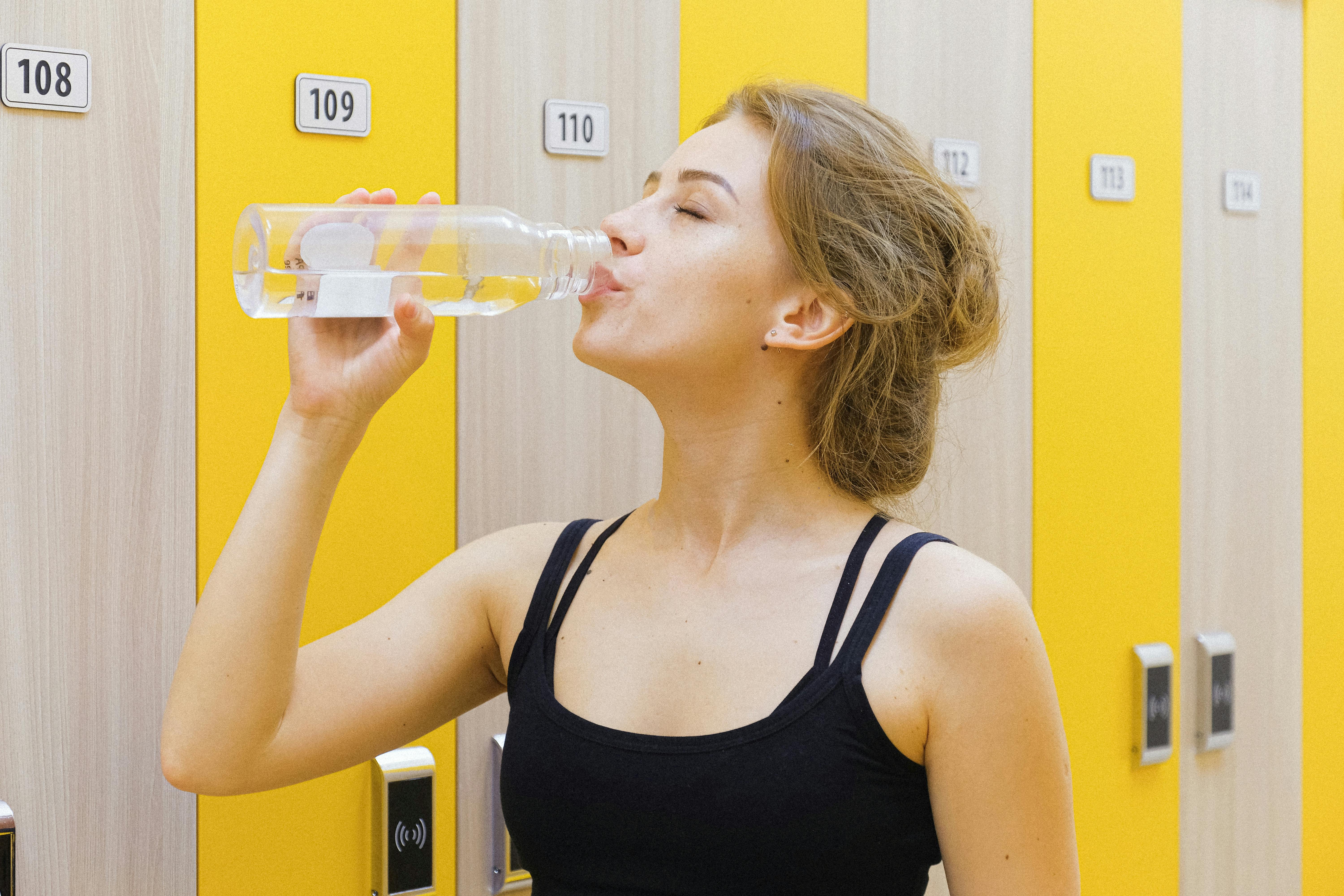We often hear the phrase, “Drink plenty of water,” but have you ever truly considered the profound impact hydration has on your overall health? Water is not just a thirst quencher; it’s a vital component that supports nearly every function in your body. From regulating temperature to aiding digestion, staying hydrated is crucial for maintaining optimal health. Let’s explore the importance of hydration and how it can enhance your well-being.
The Role of Water in Your Body
Water is essential for:
- Regulating body temperature and maintaining homeostasis
- Transporting nutrients and oxygen to cells
- Removing waste and toxins through urine and sweat
- Lubricating joints and cushioning organs
- Supporting digestion and preventing constipation
When you prioritize hydration, you’re not just quenching your thirst; you’re ensuring that your body operates smoothly and efficiently. On the flip side, dehydration can lead to a host of health issues that can affect your daily life.
Signs You Might Be Dehydrated
Sometimes, the signs of dehydration can be subtle and easily overlooked. While thirst is the most obvious indicator, there are other symptoms that may signal your body is in need of more fluids.
Here are some common signs of dehydration:
- Dry mouth or bad breath
- Fatigue or low energy levels
- Dizziness or lightheadedness
- Dark yellow urine or infrequent urination
- Headaches or migraines
- Dry skin or decreased skin elasticity
- Increased hunger or cravings
If you’re experiencing any of these symptoms, it may be time to increase your fluid intake.
Common Hydration Pitfalls
There are several habits that can lead to inadequate hydration:
- Relying solely on thirst as an indicator of hydration needs
- Consuming excessive caffeine or alcohol, which can dehydrate the body
- Neglecting to drink water during physical activity
- Overlooking water-rich foods like fruits and vegetables
- Ignoring environmental factors like heat and humidity that increase fluid needs
Even if you think you’re drinking enough, these habits can contribute to chronic dehydration over time.
How to Stay Hydrated
Improving your hydration doesn’t have to be complicated. Here are some simple, actionable tips to help you stay on top of your fluid intake:
- Carry a reusable water bottle with you throughout the day to encourage regular sipping.
- Set reminders on your phone to take hydration breaks.
- Infuse your water with fruits or herbs for added flavor and enjoyment.
- Eat water-rich foods like cucumbers, oranges, and watermelon.
- Monitor your urine color—aim for a light yellow hue as a sign of good hydration.
- Drink a glass of water before each meal to help with digestion and portion control.
- Adjust your intake based on activity level, climate, and individual needs.
Final Thought
Hydration is a cornerstone of health that is often underestimated. By making a conscious effort to drink enough water and incorporate hydrating foods into your diet, you’re not just quenching your thirst; you’re investing in your health and vitality. Remember, staying hydrated is key to feeling your best, so raise that water bottle and make hydration a priority!

